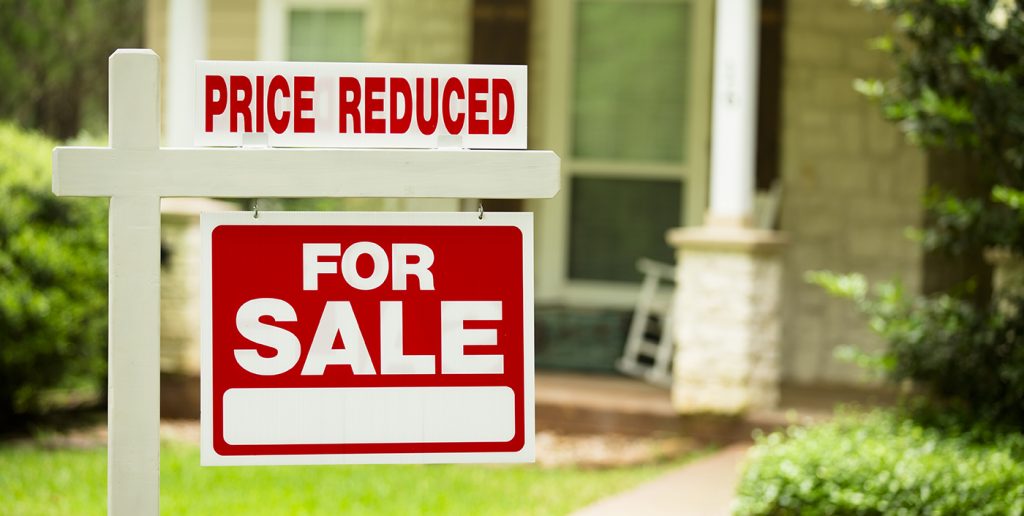Table Of Content

In regional terms, Wales led the charge with house prices increasing by an average 13% over the year to December, a whisker under the 12.6% recorded in November. On an annual basis, average asking prices are now 9.5% higher than in February 2021, marking the highest annual rate of growth since September 2014. Prices have risen by nearly £40,000 in the two years since the pandemic started, compared to just over £9,000 in the previous two years. Halifax says Wales, with annual house price inflation of 13.8%, was the UK’s strongest performing area.
April: No More Ground Rent For New Leaseholders From June
In England, house prices rose by 6.9% over the period to reach an average value of £310,000. The average price of property listed by UK estate agents on Rightmove in April increased by 0.2% – or £890 – compared to the previous month, as the traditional Spring buying and selling season gets underway. Santander, the Spanish-owned UK high street bank, is forecasting house prices to fall by 10% in 2023, taking them back to 2021 levels.
European house prices fall for first time in a decade - Financial Times
European house prices fall for first time in a decade.
Posted: Thu, 04 Apr 2024 07:00:00 GMT [source]
March: Nationwide – Average UK Property Price Hits Record High
Surprisingly, affordability has improved the most in London where the price-to-earnings ratio will move to single digits for the first time in 11 years as house price growth continues to lag earnings growth. Annual house price growth has slowed to its lowest level since 2012, rising a paltry 0.1% in the year to July, according to Zoopla, writes Jo Thornhill. By contrast, in July and August last year, annual house price inflation was running at 11% and 10% respectively, according to the lender’s own figures. According to Halifax, average UK house prices, now at £279,569, fell by 1.9% month-on-month, the largest such fall since November 2022. The Bank Rate heavily influences mortgage rates, meaning the housing market will likely react strongly to positive news on borrowing costs.
April: Annual House Price Inflation Soars To 10.9%
The increase means dearer home loans for customers with tracker and variable-rate mortgages in the short term, and more expensive fixed rates in the future. It says housing transactions and mortgage approvals remain above pre-pandemic levels and a continued growth in new buyer enquiries suggests activity will remain heightened in the short-term. Halifax adds that average property prices have risen in value by £47, 568 over the past two years.
The cost of an average home in the UK stood at £271,000 last November, an increase of £25,000 compared with the figure from 12 months earlier. A town on the English south coast and an area in the Derbyshire Peak District have topped a list of locations that have more new properties for sale this January, compared with the same time in 2021. The broker says mortgage applications in the capital have increased by 30% in recent months and adds that Manchester and Birmingham are proving even more popular as potential home buying destinations. But Trussle says demand for mortgages in London, Manchester and Birmingham is rising. Mortgage applications in London now account for 14% of all mortgage applications, a level last seen in December 2019. Online mortgage broker, Trussle, calculated that the latest rate rise could add a further £331.56 to the average mortgage annually for customers whose home loans are based on standard variable rates.
Is the housing market going to crash?
And Zoopla forecasts that annual house price inflation will fall to +3% by the end of the year. The weakening housing market is a sign of its continuing adjustment to higher mortgage rates and cost-of-living pressures with less buyer demand, fewer sales and stagnating house price growth. Prices continue to fall month on month – this is the ninth consecutive monthly fall in house price inflation – as higher mortgage rates and the cost of living crunch put downward pressure on the housing market.
Sellers tend to reduce asking prices in the run up to Christmas, but Rightmove says this latest decrease is the largest monthly drop in four years. Northern Ireland posted annual inflation of 7.1%, compared to 9.1% in November, with average homes now costing £183,825. Average asking prices in every region were higher than in January 2022, with Yorkshire & Humber leading the way with an annual rise of 9.5%.
Signs Are Pointing to a Slowdown in the Housing Market—At Last
Despite some areas of the country experiencing monthly price declines, the likelihood of a housing market crash—a rapid drop in unsustainably high home prices due to waning demand—remains low for 2024. Though some housing market data indicates signs of growth are in store this spring home-buying season, persistently high mortgage rates may hinder activity from fully flourishing. The bleak picture has led some experts to predict a buying boom once rates fall. The Fed's response to surging prices has been to hike its benchmark interest rate from virtually zero to more than 5%.
Estate agents have drawn hope from the rate freeze by the Bank of England to the Bank Rate last month. The rate was kept at 5.25% in September after 14 months of consecutive rate rises since December 2021. Mortgage lenders reacted immediately by chipping away at their fixed rates deals. The number of property sales agreed is also 17% below the figure for October 2022, although agents report buyer interest is resilient. The number of buyers enquiring for each available home for sale is reported to be 8% higher than the more usual pre-Covid market conditions of 2019. First-time buyers have so far been the largest buyer group in 2023, according to Zoopla, closely followed by cash buyers, who account for one in three sales (32%).

According to data from the California Association of Realtors, single-family home prices in San Francisco fell more than 16 percent between June 2022 and June 2023. But despite that double-digit drop, the median price was still over $1.5 million — lower than before, yes, but still well out of reach for the average buyer. “The reason the housing market hasn’t come to a halt is because even before interest rates increased, the market was already experiencing a shortage of available homes. Most home purchases traditionally come from sellers listing their current homes,” says Kurt Carlton, president at New Western, a nationwide real estate investment company. McBride thinks a housing market like Boise—where home prices soared nearly 60% during the pandemic—could see a home price decline of around 5% to 10% over the coming year.
Nationwide started producing regional data nearly 50 years ago and said this was the first time Wales had come out on top during this period. The property portal’s house price index showed that average asking prices grew by 0.3% month-on-month, to stand at £341,019 in January 2022. This is based on the average house price of £264,000 and assuming a 15% deposit. The calculation comes on top of the £324.48pa increase customers faced following December’s rate rise last year. England was the next-best performing region with annual house price increases of 10.7%, slightly up from 10.5% in the year to November last year.

No comments:
Post a Comment